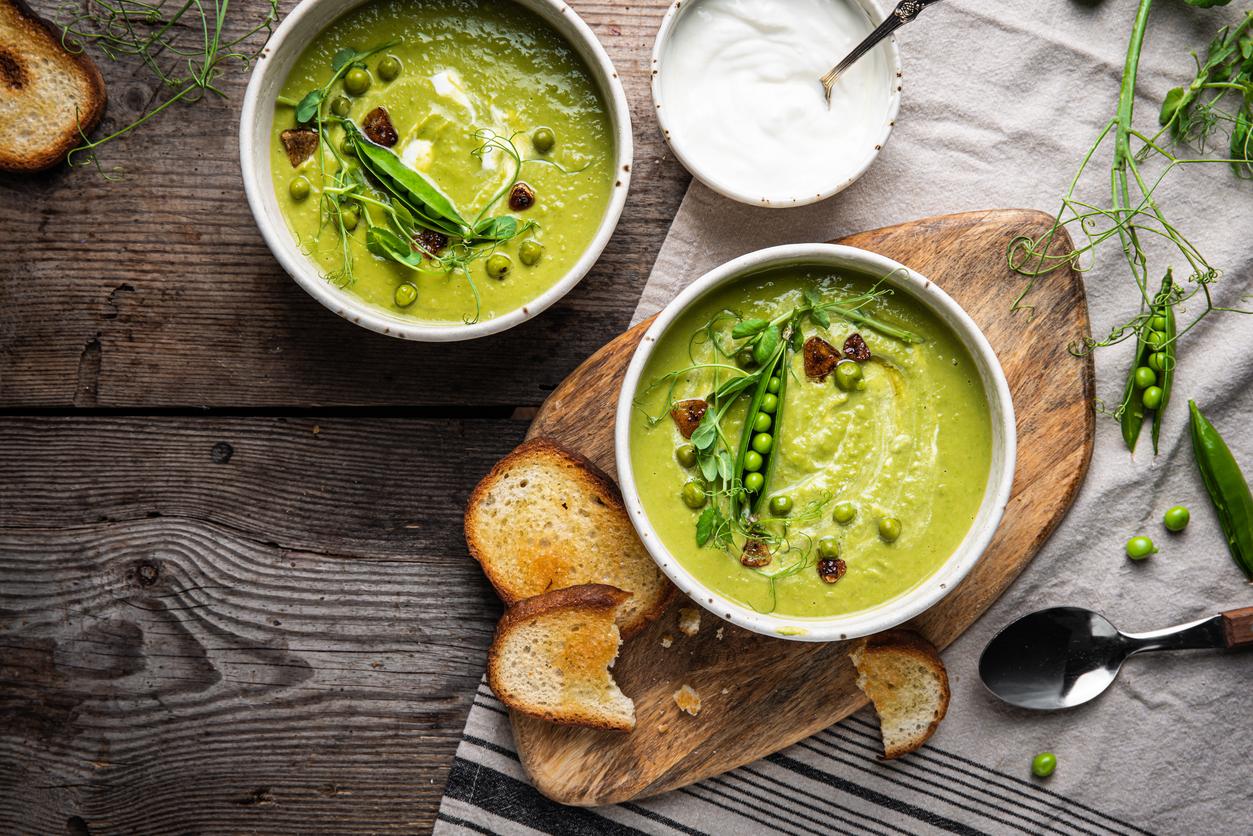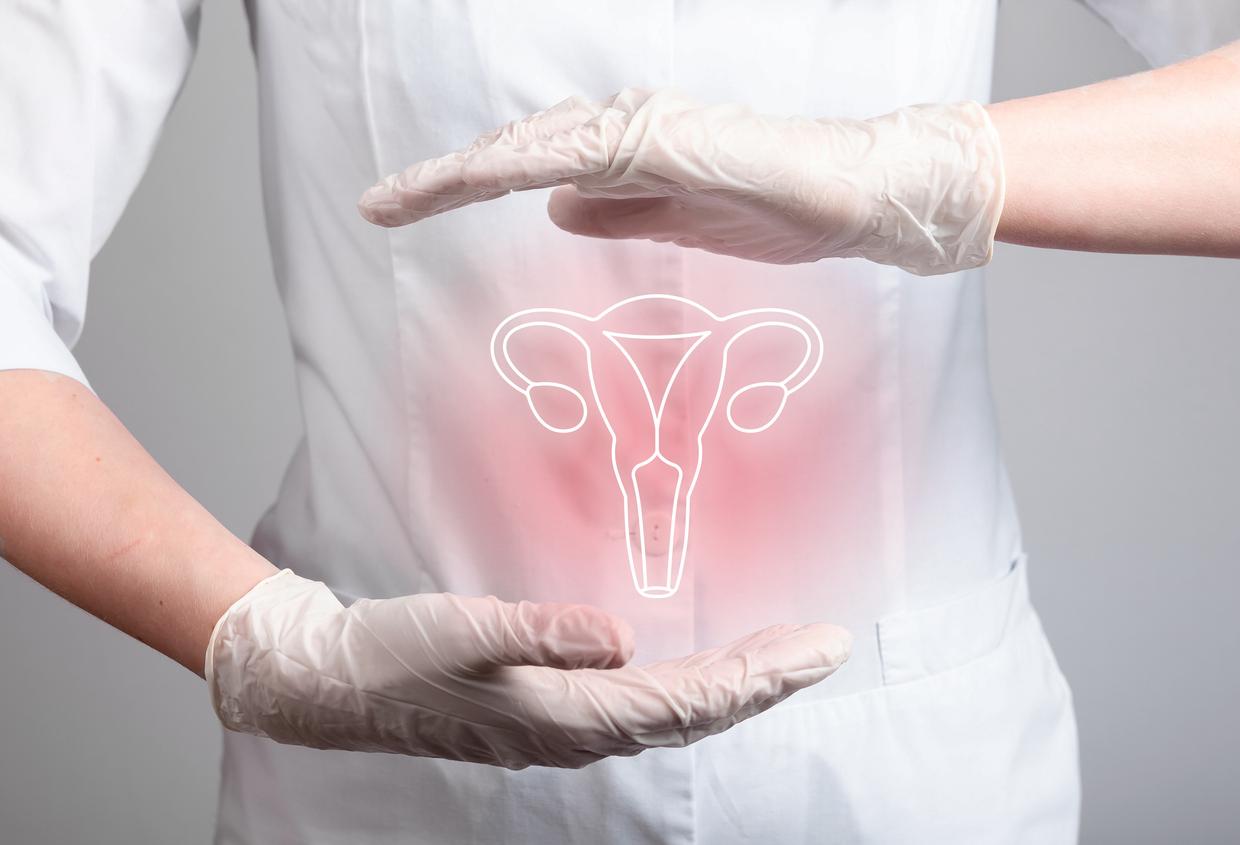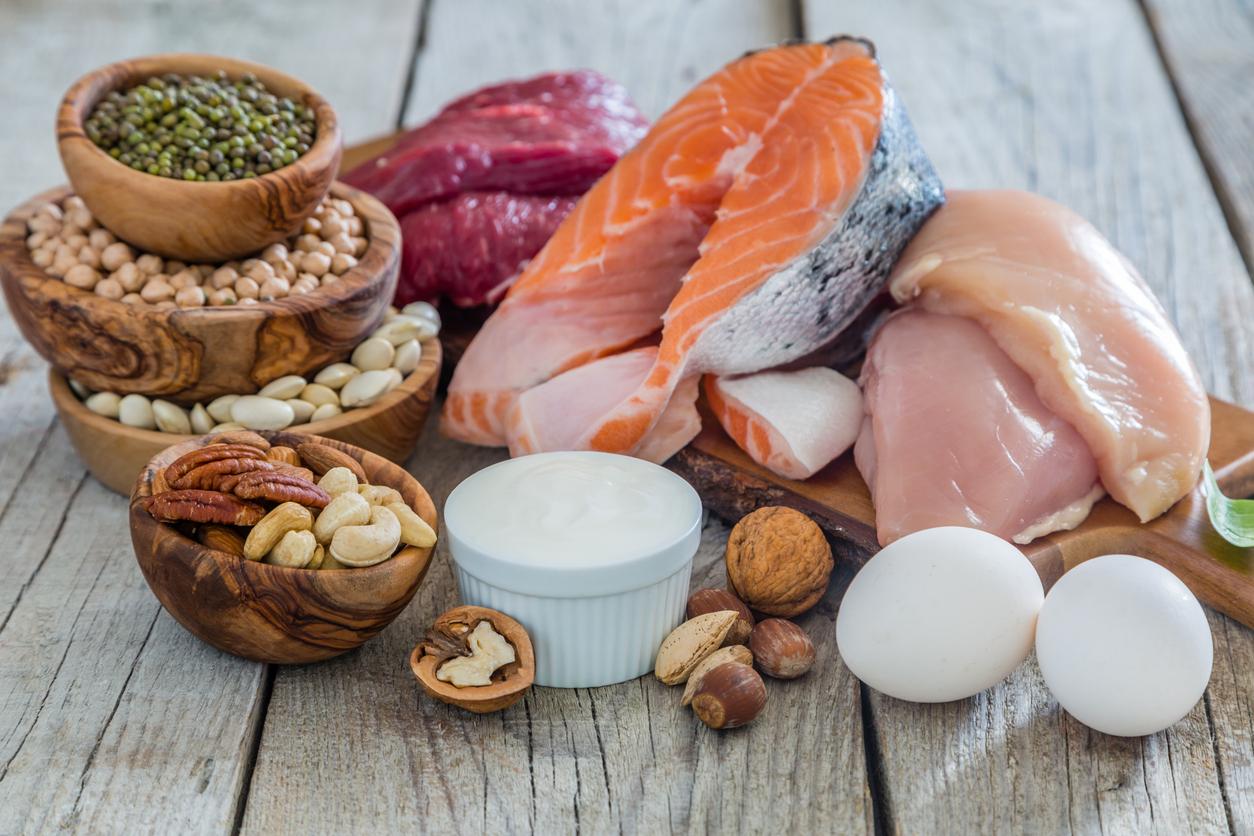A study reveals that 60% of baby food products sold in American supermarkets do not meet nutritional recommendations.

- Of 651 baby foods examined by researchers, two-thirds of the products sold in U.S. supermarkets failed to meet nutritional requirements.
- Almost all (99.4%) products have at least one prohibited claim on their packaging.
- The authors believe there is an urgent need to improve the nutritional quality of commercially produced infant and young child foods in the United States.
“Despite growing concerns about the popularity and health impact of commercial foods for infants and young children, there are currently no nutrition or promotional guidelines for the United States. In 2022, the World Health Organization Regional Office for Europe published a model nutrient and promotional profile to guide and regulate commercially produced foods for infants and young children,” wrote an international team of researchers in a study published in the journal Nutrients.
44% of baby food products exceeded sugar requirements
In the absence of specific U.S. recommendations for these foods, scientists analyzed data from 651 foods for infants and young children (6-36 months). “Early childhood is a crucial period of rapid growth and formation of taste preferences and eating habits, which can set the stage for the development of chronic diseases, such as obesity, diabetes, and some cancers later in life,” recalled Elizabeth Dunfordauthor of the work. The products, sold in the ten largest American supermarket chains in 2023, were evaluated against the nutritional and promotional requirements of the WHO Nutrient and Promotional Profile Model. Their packaging was also examined.
Of all products, 60% did not meet the nutritional requirements of the recommendations and 0% did not meet the promotional requirements. In detail, 70% of foods did not meet protein requirements and 44% exceeded total sugar requirements. One in four products did not meet calorie requirements and one in five exceeded recommended sodium limits. The authors also found that baby food pouches, which have grown 900% in sales relative to the proportion of pouch sales over the past 13 years, are among the least healthy products assessed, with less than 7% meeting total sugar recommendations.
“Almost 100% of products contained at least one prohibited claim”
“Nearly 100% of products had at least one prohibited claim on their packaging, with some products having as many as 11 prohibited claims. Snack packaging was the least compliant with nutrient requirements. Common claims included non-genetically modified (GM) (70%), organic (59%), BPA-free (37%), and no artificial colours or flavours (25%).” can be read in the results. According to Daisy Coyle, co-author of the research, the lack of regulation in this area “leaves the door wide open for the food industry to deceive busy parents”who are led to believe that products are healthier than they actually are.
Faced with these alarming data, the team highlights the urgent need to improve the nutritional quality of foods for infants and young children. “The frequent use of prohibited claims also suggests the need to regulate the type and number of claims permitted on packaging,” she concluded.


















